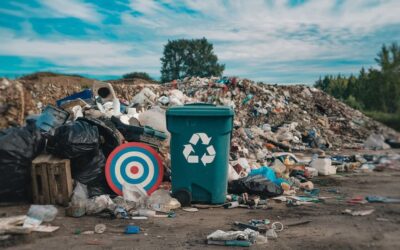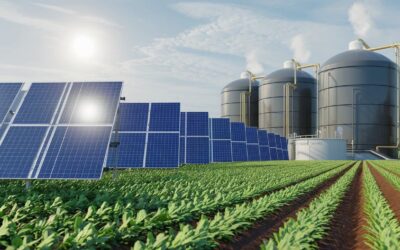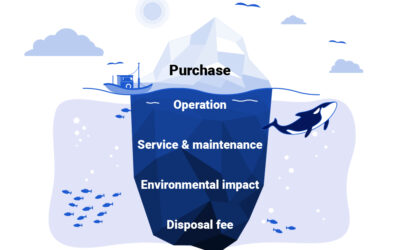The problem of plastic pollution is increasingly in the spotlight, with a lot of conflicting information circulating online.
In this article, we want to dismantle fake news and reveal the truth about plastic recycling, focusing on the key role of industrial recycling plants.
Let’s dispel the false myths
Plastic is not recyclable: FALSE!
Most types of plastic are recyclable. Today’s advanced technologies allow plastic to be transformed into new products, avoiding wasting precious resources and polluting the environment.
Plastic recycling is useless: FALSE!
Recycling plastic offers numerous advantages:
- Reduces pollution: Less plastic in landfills and oceans means a healthier environment for everyone.
- Saves energy and resources: Recycling plastic requires less energy and resources than producing virgin plastic.
- Creates new jobs: The plastic recycling industry is growing and creating new job opportunities.
Recycled plastic is of poor quality: FALSE!
Recycled plastic can be used to make high quality products, some concrete examples:
- PET plastic bottles can be transformed into new containers, textile fibers for clothing or packaging.
- Old plastic films can be recycled into benches, garden pots and even into new plastic films.
- End-of-life tires can be turned into asphalt for roads or into new tires.
Is plastic really recyclable?
There is often a false belief that plastic is not truly recyclable. In reality, many types of plastic can be successfully recycled through appropriate processes. Industrial recycling plants, such as those developed by Hydroswiss, play a crucial role in ensuring that plastic is treated correctly.
The recycling process: an in-depth analysis
It is essential to understand the plastic recycling process to dispel false information. Hydroswiss plants adopt cutting-edge technologies to separate, clean and recycle plastic efficiently. From the collected plastic waste, reusable materials are extracted through advanced mechanical and chemical processes.
The challenge of contamination
One of the main causes of misunderstandings about plastic recycling is the contamination of materials. Hydroswiss’ plants are designed to address this challenge effectively, ensuring that the recovered plastic is of high quality and can be used to produce new products.
The role of innovation
Hydroswiss is constantly innovating to improve its recycling facilities. The introduction of cutting-edge technologies not only increases the efficiency of the process, but also helps reduce the overall environmental impact.
Shared responsibility
It is important to underline that recycling plastic is not only the responsibility of companies, but also of consumers. Correctly separating waste and placing it in the appropriate containers is a fundamental step to guarantee the success of the recycling process.
Conclusion
Avoiding fake news and obtaining information from reliable sources is essential to understanding the importance of plastic recycling.
Hydroswiss designs and builds cutting-edge industrial recycling systems, capable of treating different types of plastic in an efficient and sustainable way.
Thanks to Hydroswiss’ experience and innovation, plastic recycling becomes a concrete reality, contributing to a more sustainable future for our planet.
Hydroswiss is committed to promoting a culture of conscious and sustainable recycling, offering advanced technological solutions for a greener future.
Together, we can make a difference!




